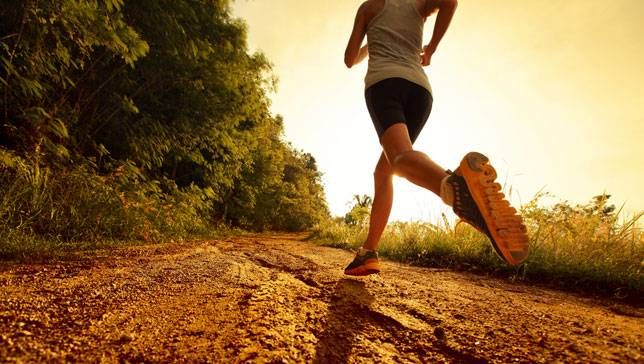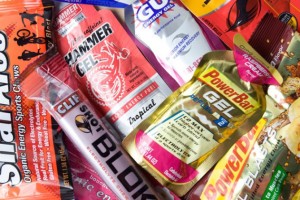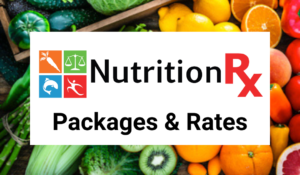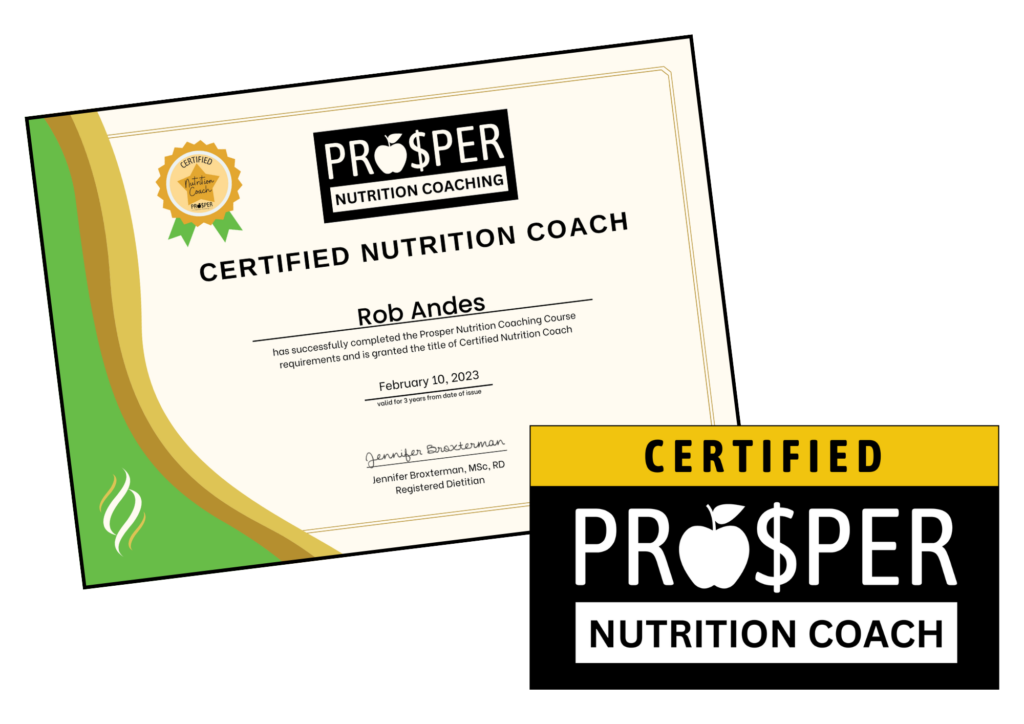

How to Fuel on Long Runs
How to Refuel During Long Runs

Spring is just around the corner and many distance runners are gearing up for spring races, from 10km to full marathons, and more. As your training runs become longer and the intensity increases, you will need to take in energy to keep going. It may take time to develop a refuelling strategy that works for you, but doing so can help you get the most out of your training, prevent fatigue, and help improve performance on race day.
Drinking water should be enough if your runs last an hour or less. However, as training sessions and races exceed 1-1.5 hours, a fuelling strategy is usually required. The key nutrients to replace are:
- Carbohydrates. Carbohydrates are the main source of fuel for your brain and for your muscles. Consuming easily digestible carbohydrates can help keep your blood sugar and energy levels up during long runs.
- Fluids. As you sweat, you will lose fluid that you should replace. Getting too dehydrated may lead to cramping and make the exercise feel more difficult, as well increase your overall heart rate.
- Electrolytes. Sodium is the main electrolyte lost from sweat. Potassium and magnesium are found in smaller amounts as well. Consuming sodium helps to replace these loses, but it also helps your body to retain the fluids that you consume.
How much carbohydrate is needed?
It depends on many factors, including body size, performance/weight loss goals, and the intensity of your workout, but the range is 30-60g of carbohydrates per hour. Start refuelling about 45 minutes into your run.
What are your options?
There are many different foods or sports nutrition products that you can choose from.

Sports Drinks
These typically contain several types of sugar, which helps to maximize absorption. The concentration of sugar is 6-8%, which is specific to prevent GI upset. On the other hand, pop, juice and energy drinks are more concentrated in sugar, and can lead to cramping. Sports drinks also contain the electrolytes sodium and potassium to help you retain the fluids and replace loses.
Gels/Chews/Sport Jelly Beans
Similar to sports drinks, these contain sugar and electrolytes, but vary in texture. It may take some time to try various types, textures, and flavours to see what you prefer. A big difference is that these are all concentrated sources of sugar – so be sure to take sips of fluid as you eat them to avoid GI upset. Also, be sure to check the label for caffeine. Caffeine speeds up the movement in your GI tract and can contribute to having to use the bathroom.
Real Food
Some people prefer to consume real food during runs. Some options include dried fruit (such as dates or raisins) and bananas as they provide concentrated forms of sugar. Pretzels also provide carbohydrates and sodium.
Bottom Line
Blood flow to the gut is minimized during exercise, meaning that digestion is slowed. Taking in fluids, supplements, or food during a run may cause some GI upset if it is not something you are used to. Use your training runs as a chance to try out what works for you and never try anything new on race day!
Wishing you health & happiness,
♡ Jen
Jennifer Broxterman, MSc, RD
Registered Dietitian
NutritionRx: happy, healthy living with our team of Registered Dietitians
Prosper Nutrition Coaching: a world-class nutrition coaching certification
+
+
+
Want to work with a NutritionRx Registered Dietitian?
Learn more here: Nutrition Packages & Rates
+
+
+
Want to become a Certified Nutrition Coach?
Learn more about our habits-based Prosper Nutrition Certification



